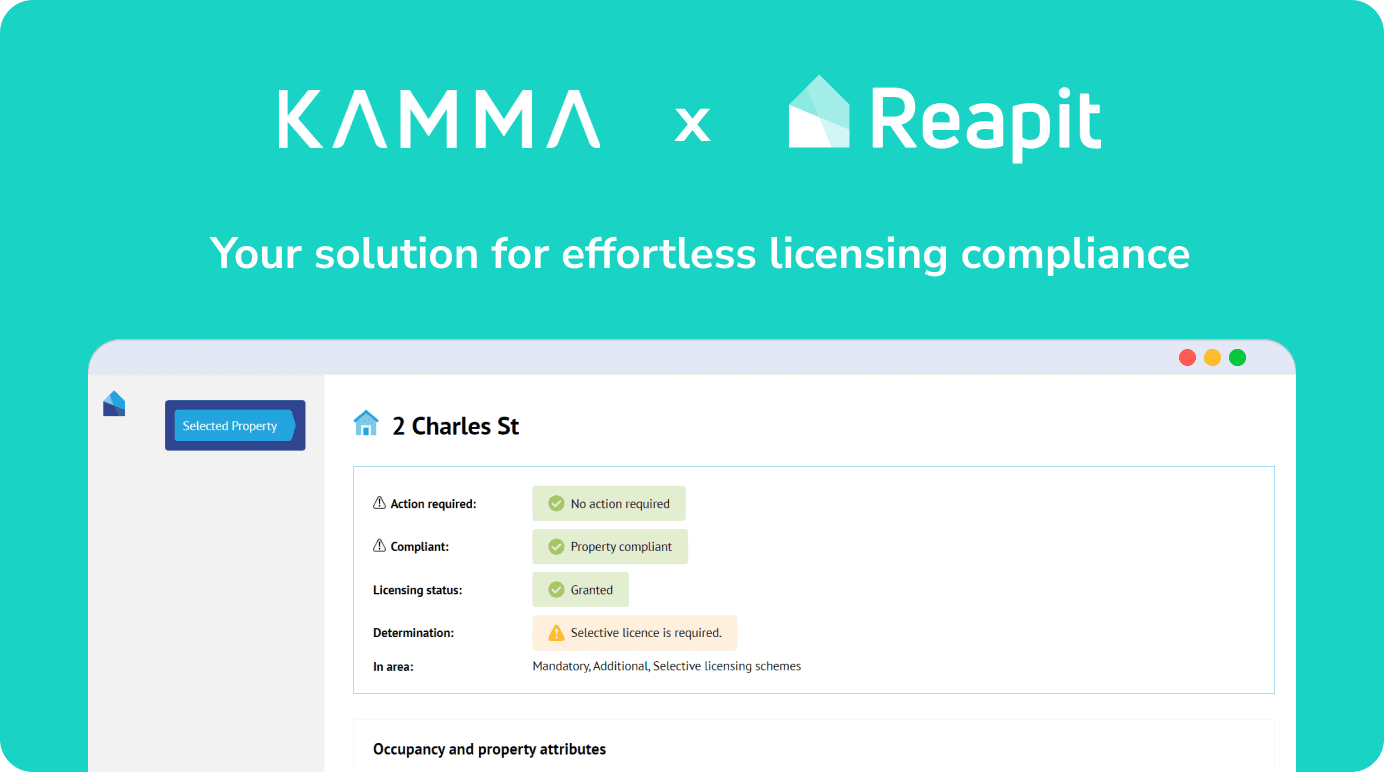- What we do What we do
- How we can help How we can help
- Insights Insights
- About About
- Support Support
- Book a Demo
What are Rent Repayment Orders?
Earlier this month university student, Megan Cole, won a Rent Repayment Order (RRO) hearing against their landlord and managed to successfully claim back a whole year’s worth of rent – a total of almost £35,000 shared amongst all 8 tenants.
Following the hearing, Megan drew from her experiences and even wrote her dissertation on the topic of power dynamics in the private rented sector. Her tweet, summarising her story, went viral in just a few days. So, what are Rent Repayment Orders and how are tenants using them?
What are Rent Repayment Orders?
Rent Repayment Orders can be filed against landlords or agents by its tenants or the local council if a property has been operating without the proper license. RROs were introduced under the Housing and Planning Act of 2016 to address the lack of accountability for rogue landlords in the private rented sector. The best way for landlords and agents to avoid RROs is by ensuring that the property has the correct licensing, minimum safety standards and is kept up to date with improvement notices.
How Rent Repayment Orders work
In practice, local councils can inform tenants that their landlord lacks the relevant licence and encourage them to make an RRO application. RROs require the landlord or agent to refund up to 12 months’ rent for its tenants if they can provide proof of them committing an offence. Since 2016, the landlord/agent no longer needs to be convicted, as long as a tribunal can be satisfied beyond reasonable doubt that at least one of the offences has been committed.

List of offences that can result in RRO for landlords/ agents
- Having control of, or managing, an unlicensed house in multiple occupation (HMO)
- Having control of, or managing, an unlicensed property
- Failure to comply with a prohibition order
- Breach of a banning order
- Failure to comply with improvement notice
- Illegal eviction or harassment
- Using or threatening violence for securing entry into premises
When a tenant is in the process of applying for an RRO, the landlord has no right to evict them because of it, as the laws protecting the tenancy are still in place. There are even additional legal restrictions on evictions placed on landlords who have unlicensed accommodations.
Who can apply for a RRO?
All tenants in the private rented sector can apply for RROs, with the exception of council estate or housing association tenants, and arms length management organisations. Tenants normally have up to a year to reclaim their rent after the offence was committed.
Local housing authorities can also apply for a RRO for the purpose of recovering housing benefits or housing costs elements of universal credit paid.
RROs and agents
Tenants, or local authorities, can only pursue landlords with an RRO, and not the letting agent. However, the landlord may turn to pursue the agent for mismanagement of their property if they are faced with financial penalties as a result of an RRO. To avoid RROs, letting agents need to ensure that all their properties have the necessary licensing in place.
Want to know what to do if a licensing scheme comes to your area?
How are tenants hearing about RROs?
There are numerous companies being set up to help tenants make complaints to the council and pursue RRO applications. For example, Rent Repayment Guru is an online platform set up by barrister Julian Hunt that assists tenants in obtaining rent back when living in unlicensed housing. Justice for Tenants is another organisation that both help to raise awareness about RROs and works to help represent tenants in RRO hearings.
We took our landlord to court, won our rent back, and I wrote my dissertation on it !
— Meg 🏴🌹🦦 (@MeganC2301) April 23, 2021
“The Power Dynamic in Renting: Rogue Landlords, Vulnerable Tenants and Policy Proposals for Change.” pic.twitter.com/laCEoh0QQX
Many tenants also receive support from local councils in making RRO applications and pursuing their landlords. In Megan Cole and her housemates’ case, they worked together with the local council to gather evidence and build a case against their landlord to prove misconduct. The council also informed them that their landlord was a known rogue landlord and suggested that he would have been unable to obtain the necessary license even if the house met the minimum standards.
Want to know learn more about how we can help you avoid RRO fines?
Contact us or book a demo now to understand how Kamma can solve property licensing for you.

New insights: how does EPC data impact affordability assessments?
Accurate energy performance data is a must to ensure mortgage lenders can accurately assess affordability and reduce risk – here’s why.
Read more
Kamma’s Response to CVE-2024-0394 (XZ Utils Backdoor)
Last week security researchers publicised a malicious back door in the XZ Utils library, a widely used suite of software that gives developers lossless compression and is commonly used for compressing software releases and Linux kernel images. The backdoor could, under certain circumstances be used to run unauthorised code via the encrypted SSH connection protocol. […]
Read more
Licensing Compliance Simplified: The Kamma-Reapit Integration
The Kamma app is officially live on the Reapit marketplace! This integration arrives just in time to confront the introduction of fifteen new licensing schemes and six current consultations in the first half of the year alone. Kamma’s Reapit integration empowers you to effortlessly manage your licensing compliance through: How does the app work with […]
Read more
Subscribe to the Kamma Newsletters
Regular news, information and insights from Kamma. No spam. Unsubscribe at any time.
Subscribing ...
Sorry, we really want to but we couldn't subscribe you due to missing or incorrect information; please update the information that's highlighted in red and try again.
Well this is awkward. Something went wrong on the internet between your browser and our newletter subscription service. Please let us know and we'll do our best to fix it for you.
Thanks for subscribing! Check your Inbox in a short while for a confirmation email to check it was really you that just subscribed. If you've already subscribed, we'll keep your subscription but you won't receive a confirmation email this time.
